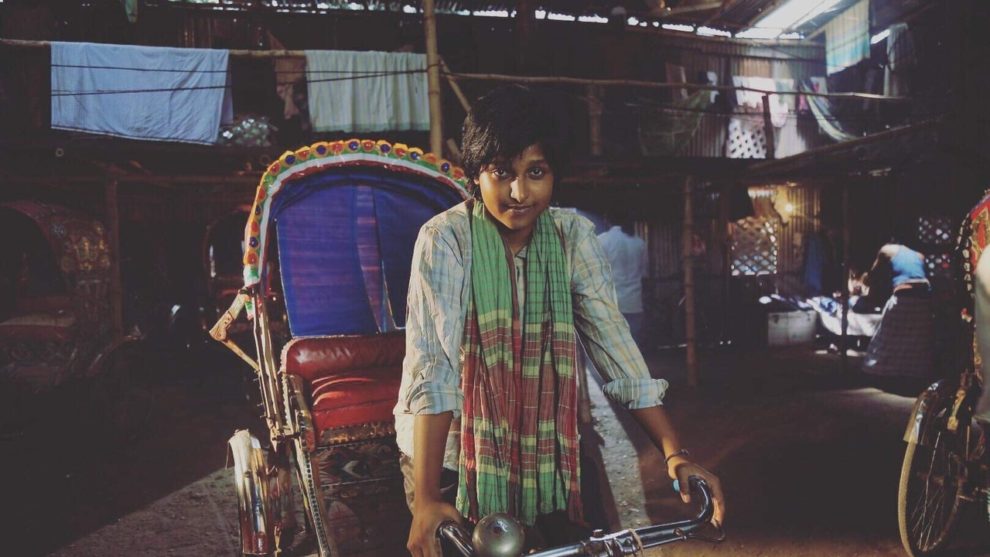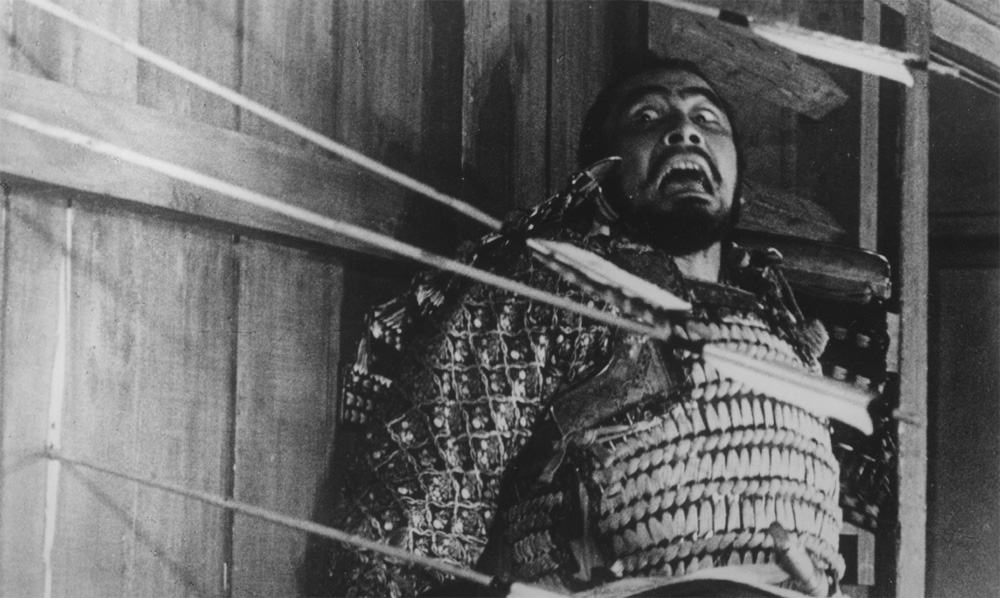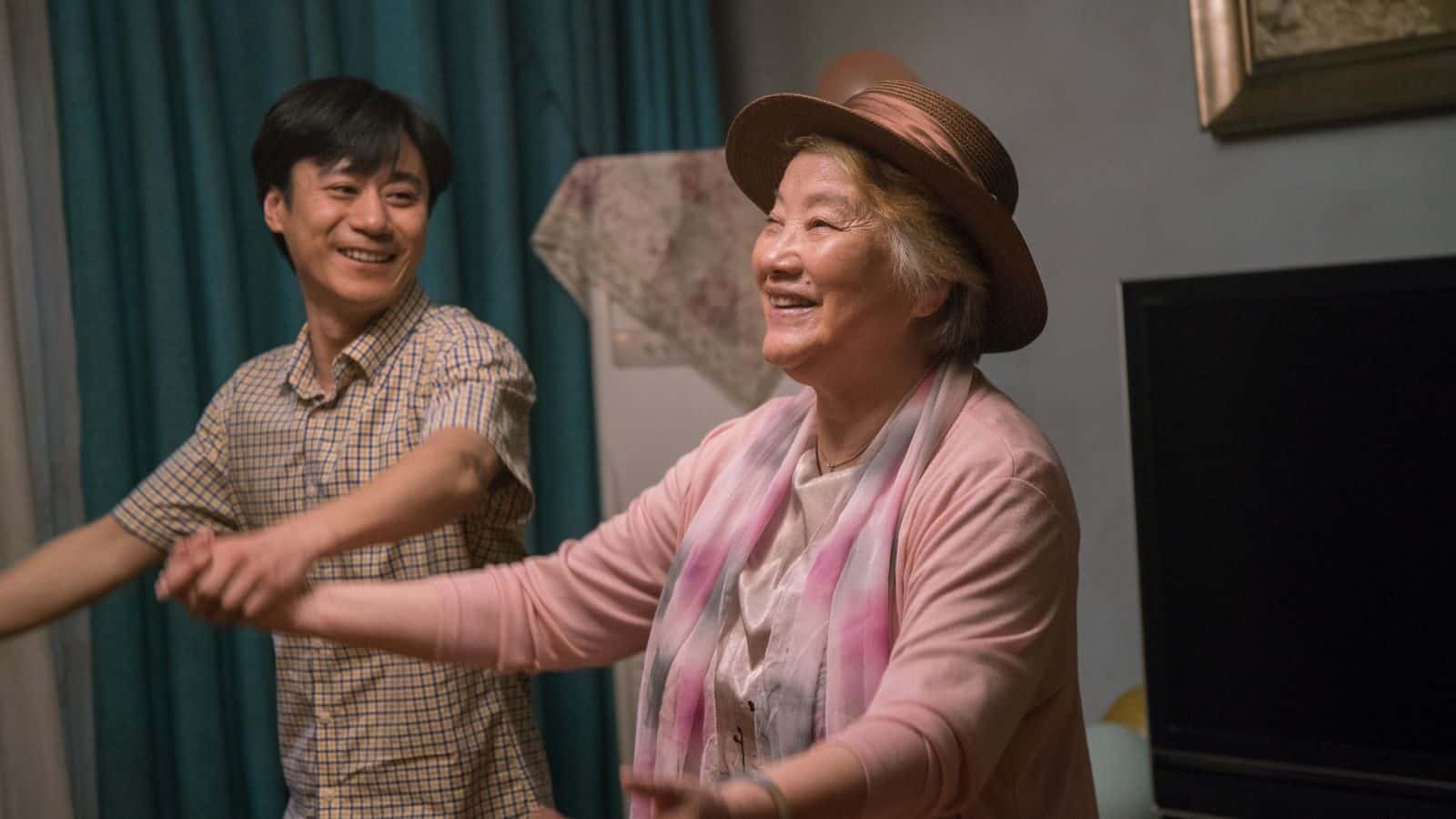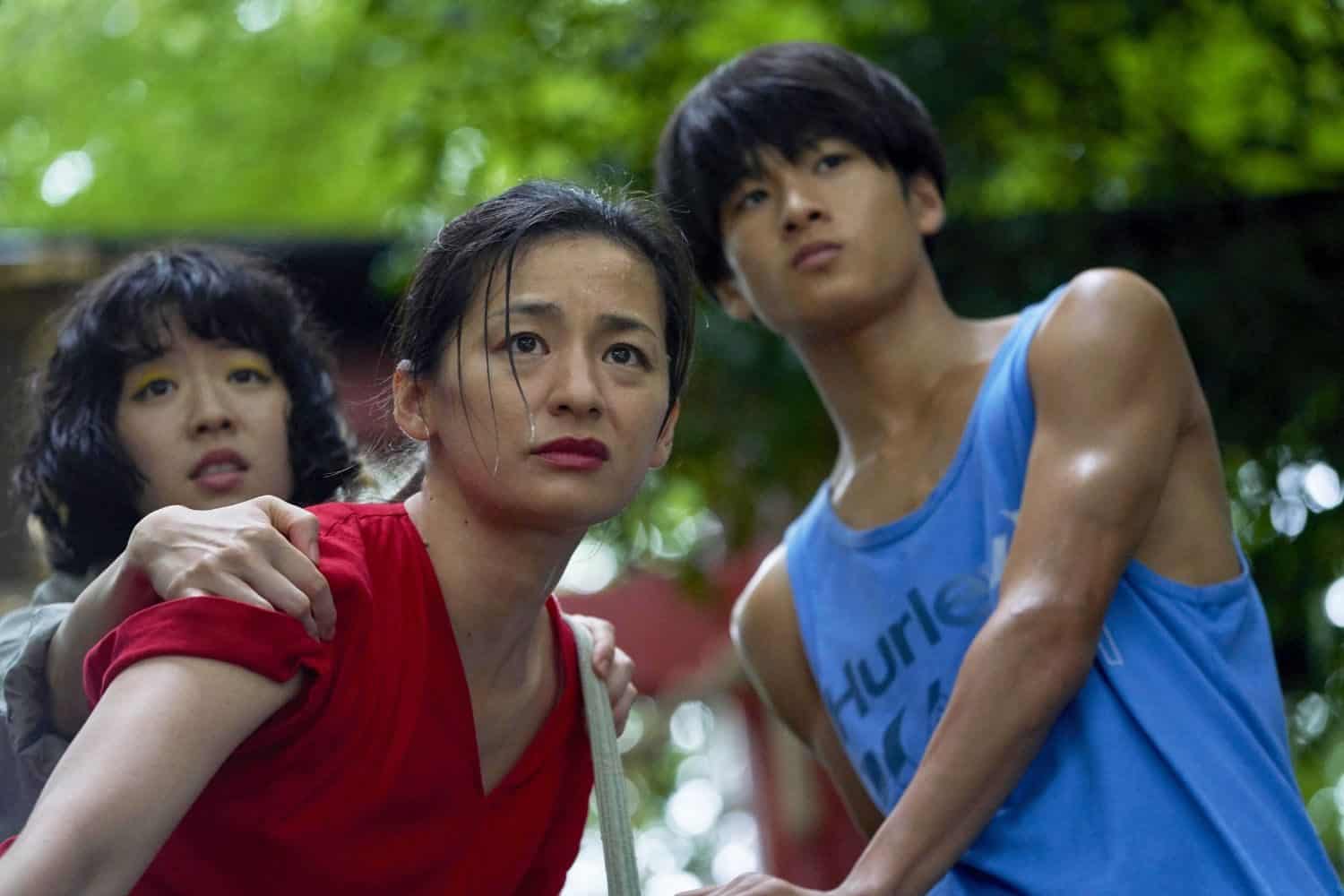The tale has been told time and time again: a strong-headed, small-town girl leaves for her big-city. When she finally arrives, however, she finds that urban life is tougher than expected. Amitabh Reza Chowdhury's “Rickshaw Girl” largely follows the script, only with a uniquely Bangladeshi flair. Protagonist Naima (Novera Rahman), is a painter. When her family complains that it doesn't pay the bills, however, she sets off for Dhaka to send her ailing father money for medicine. She tries her hand at different jobs while she's there: she works as a maid; protests as a hooligan; crossdresses, even, to command a rickshaw. Success is fleeting in the ever-shifting metropolis, however, and Naima's stature is ultimately a precarious one. When she finally lands the job of her dreams, she realizes that perhaps her eyes have drifted too far from the prize.
Rickshaw Girl is screening at Mill Valley Film Festival

Naima's flurry of occupations are entertaining to watch, but also stand in as a to-do list of events to check off in the narrative. This might come from how much attention Chowdhury gives each minor detail. Instead of using his own personal discretion to lengthen or shorten each part of Naima's journey, he just throws everything in for an equal amount of time. The film feels even further teased out because of the lack of transitions. As if to recall the spirit of “400 Blows,” Chowdhury thinly veils the bridge from one event to the next with Rahman's frequent sprinting. Instead of feeling cathartic however, watching her run is exhausting. Rahman works two jobs here – to perform her character, but to progress Chowdhury's story as well.

Erratic lighting schemes further the jarring aesthetic as well. Sometimes, the actors are over-exposed and washed out; other times, the cameras fully embrace the full spectrum of color found on the streets. These different filters seem to have no rhyme or reason to them, nor seem to express any explicit purpose. The movie loses its identity due to its poor camerawork. Instead of reading as a whole and complete film, “Rickshaw Girl” appears more like a collage of circumstances.
Though the story is a tad stale, Chowdhury keeps up the pace with a whirlwind of locations. With Naima, he seems to show us the Bangladeshi capital with fresh eyes; he litters the production with plenty of establishing shots both on-the-ground and up in the air as well. His set selection is a little too on-the-nose, however. Chowdhury consistently underscores the incredible class differences found in Dhaka today. He juxtaposes luxury condos to abandoned apartments and master bedrooms to maid closet quarters; fantastic film sets and dingy rickshaw lots. Even though Naima sleeps in the same burg as these A-list celebrities and modern couples, she wakes up to a completely different world.
These diegetic differences come head-to-head, then, when the entire cast seems to insist upon using English. While first-time lead Novera Rahman seems to handle her script well, the other actors struggle. Some seem to be more focused on remembering their lines than actually performing; some only relax with each burst in Bangla. It is almost ridiculous — Naima's complex language abilities (a character only educated until Grade 5!) should make her a more suitable translator than a maid. This, in addition to the elongated city stint, makes “Rickshaw Girl” like a tourism movie made for international export. It is difficult to shake off the feeling of an outsider looking in.
Taken as a whole, “Rickshaw Girl” feels like a mediocre attempt at self-exoticization. Tongue-in-cheek class critique makes it difficult to describe this film as a “love letter” per se, but it certainly does highlight Dhaka in its highs and lows. An active plot and a plethora of long shots keep the plot chugging along, and Rahman commands a notable screen presence as a first-time main. It is only a shame that there is so much inconsistency under Chowdhury's directorial oversight. As a result, “Rickshaw Girl” underwhelms more than it impresses – making it a wholly average watch.















